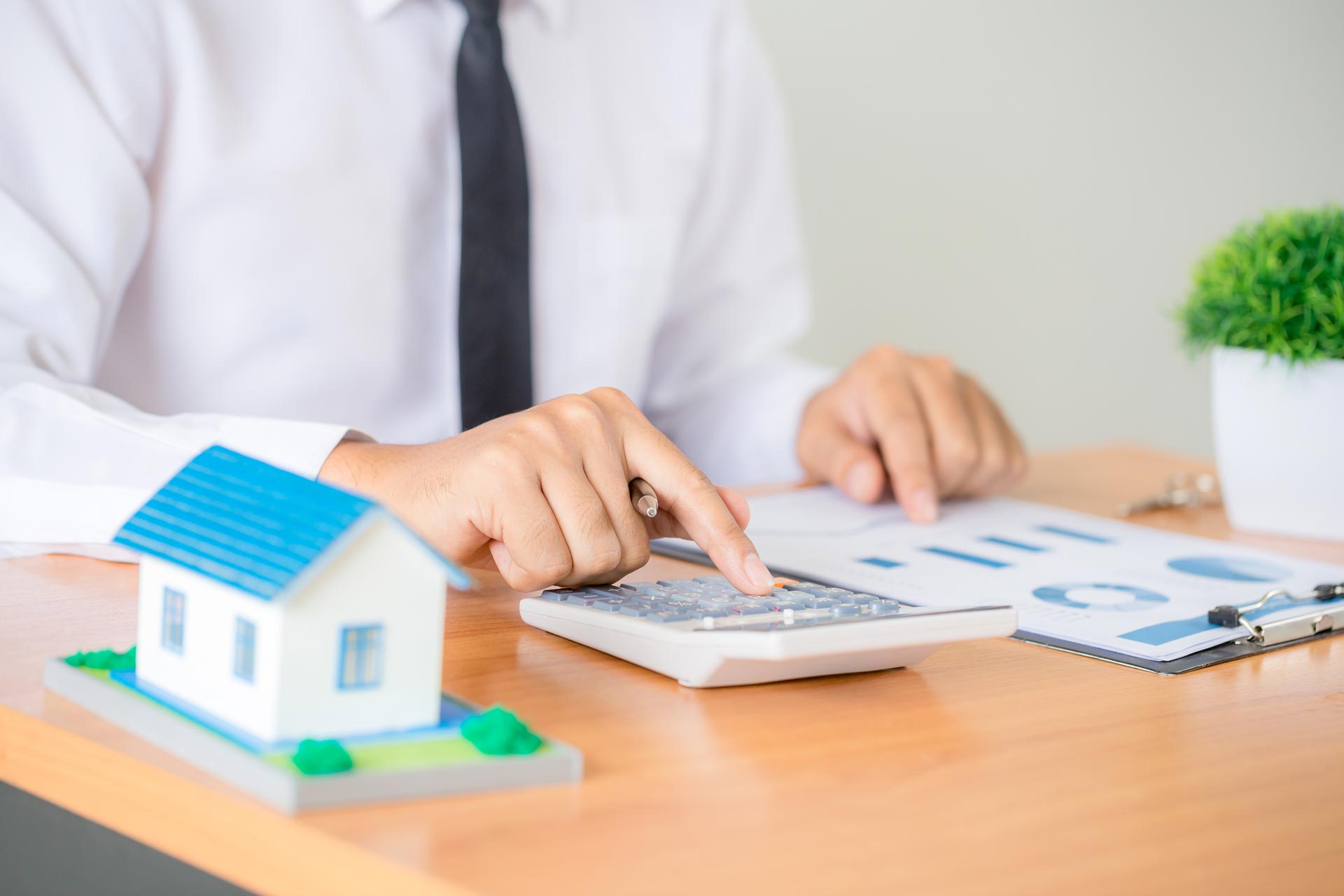Asia's property market resilience in a pandemic
Asia's property market resilience in a pandemic
By SMU City Perspectives team
Published
It perhaps came as little surprise when the Singapore government announced a fresh round of measures to cool the city-state's red-hot housing market at the end of 2021. Amid a pandemic that has rocked the global economy, the property market in Singapore had hit a high in 2021, with sales quickly rebounding in both the private and public housing sectors following Covid-19 lockdowns and restrictions.
In December 2021, the government announced that Singapore citizens have to fork out an Additional Buyer's Stamp Duty (ABSD) of 17 per cent for their second residential property, and 25 per cent for their third and subsequent residential properties — up from earlier rates of 12 per cent and 15 per cent respectively. In addition, the Total Debt Servicing Ratio (TDSR) threshold was tightened with total monthly loan repayments of new mortgages capped at 55 per cent of the buyer's monthly income, shrunk from a previous 60 per cent. Further, ABSD for foreign property buyers was hiked from 20 to 30 per cent for any property purchase.
"The cooling measures are two-sided. First, with the ABSD hikes, the key motivation is to reduce the demand from investors, both from local investors and foreign buyers," notes SMU Lee Kong Chian School of Business Associate Professor of Finance Song Changcheng.
"As for the TDSR measures, it means that you cannot borrow as much as you could have before, reducing demand from buyers who require more leverage. It is to ensure that you have the means to pay it back if you borrow money. Because if interest rates rise or mortgagors lose their jobs, there will be a rise in defaults, which in turn is a risk to the financial system."
While such curbs may have sent ripples through the local real estate market, Prof Song believes that the recent moves by the government may not result in a dramatic drop in property prices, based on historical precedence. ABSD was first introduced to cool the residential market in 2011, and revised upwards in 2013 and 2018. But while the 2013 round of measures resulted in a 10 per cent drop in the price index, Prof Song noted that home prices remained flat after revisions in 2018.

Because the property climate in 2021 was reminiscent of 2018 — whereby prices rose by about 10 per cent in the year before each round of measures were introduced — Prof Song predicts a similar outcome.
"The policies in 2018 and 2021 are very similar," adds Prof Song.
"They have only increased the ABSD, which affects investors and not Singaporean and permanent resident buyers of first homes. So in that sense, my prediction would be that prices will be more stable rather than the huge drop experienced in 2013."
As such, real estate investors may explore the option of commercial properties in light of the high ABSD rates for residential homes, especially before a rise in interest rates and GST is implemented. For example, data centres – a building or designated physical space for storing computer systems and IT equipment, have been sought after as an alternative property asset class, especially as the pandemic accelerated the move to remote work and the use of technological tools.
"The fundamental demand comes from the digitalisation of all the different industries, especially as we move online during Covid-19," observes Prof Song.

The three real estate investment trusts with substantial data centre assets listed on the Singapore Exchange averaged 20 per cent total returns in 2020, for example, and the market for hosting, storage and computing cloud services is expected to be worth US$163 billion in 2021. But Prof Song warns that as prices for data centres have already skyrocketed, investors should conduct thorough research and calculations to ensure any data centre investment is worth the risk. Furthermore, an improvement in the pandemic situation might also have a dampening effect on widespread digitalisation.
Prof Song has also noted that logistics real estate — warehouses, distribution centres and fulfilment facilities — is another commercial real estate segment that was positively affected by the pandemic. For example, the trend of online grocery shopping has led to greater demand for cold-chain logistics.
"E-commerce had already been on the uptick even before Covid-19, but the pandemic has seen the trend increase as online shopping became more ubiquitous," says Prof Song.
"This will naturally create more demand for warehouse facilities and logistics centres."
With 25 per cent of the population in Singapore expected to reach the age of 65 or older by 2030, he also foresees that the demand for retirement and nursing homes will remain strong. Meanwhile, the continuing need to manufacture ART tests, Covid vaccines, and other safety equipment has given rise to the demand for pharmaceutical laboratories and clean rooms, especially since more pharmaceutical companies have moved to Singapore to establish their headquarters. In May 2021, for example, BioNTech, the vaccine maker that partnered with Pfizer on Covid-19 shots, unveiled its Southeast Asian headquarters and regional manufacturing hub in Singapore.
While it remains to be seen if the recent curbs will create a substantial impact on the property market in the long term, it certainly unnerved buyers, with home sales dropping by 58 per cent in December 2021. However, with sales for the year hitting an eight-year record high, and Singapore's GDP growing by 7.2 per cent, property investors need to remain informed about alternatives to their portfolios and seize opportunities to stay ahead of the game.

